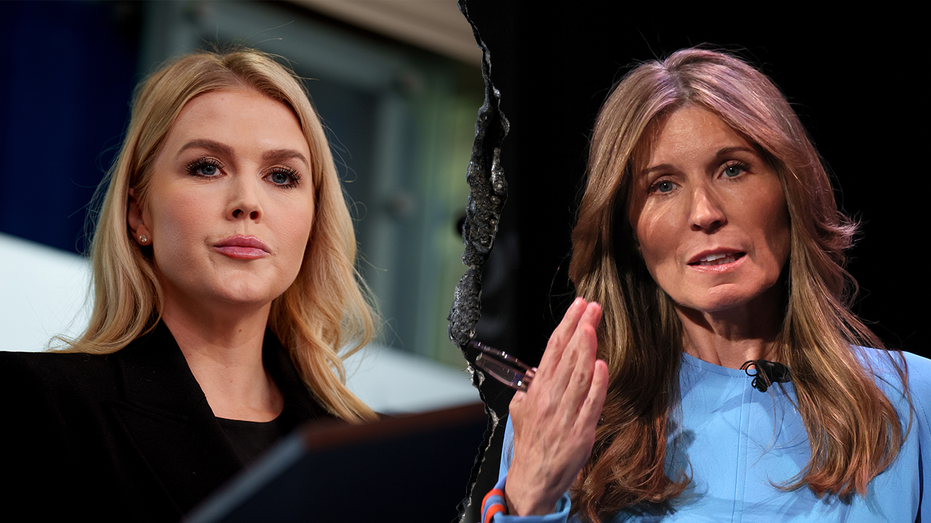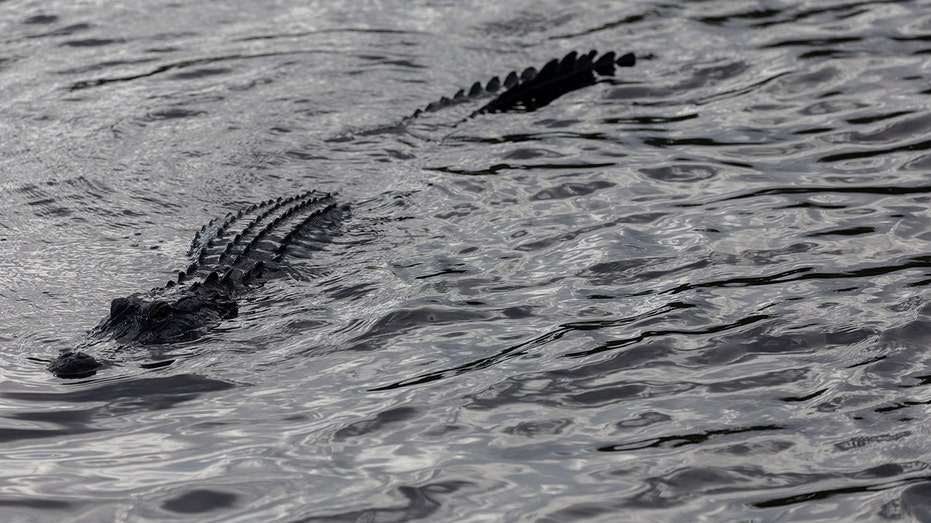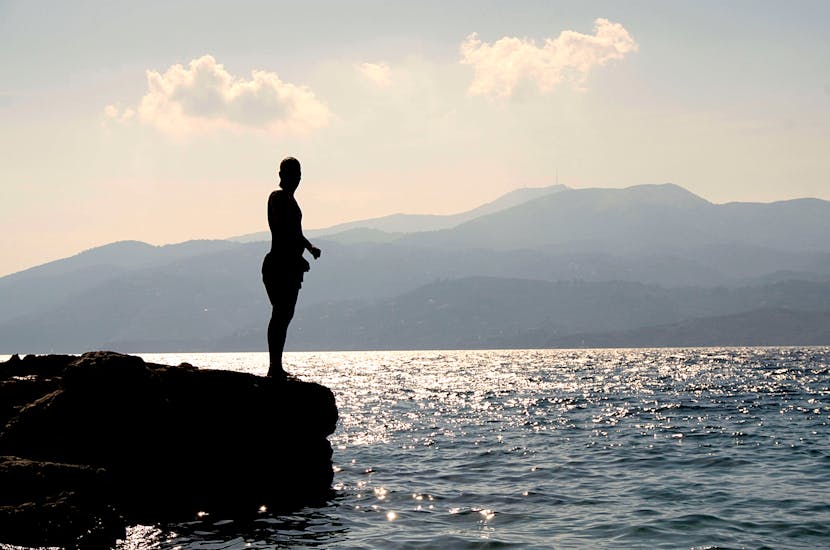- by foxnews
- 06 Mar 2025
Australia’s stances on climate crisis and asylum seekers ‘backwards’, Human Rights Watch says
Australia’s stances on climate crisis and asylum seekers ‘backwards’, Human Rights Watch says
- by theguardian
- 13 Jan 2022
- in news

Australia's "backwards" positions on global heating and asylum seekers are becoming increasingly unacceptable to the world, a leading human rights group says.
Human Rights Watch launched its annual world report on Thursday, again finding "serious human rights issues" in Australia, despite its overall record as a strong, multicultural democracy.
For the first time, Human Rights Watch focused on climate, an area where Australia was found particularly wanting. The report criticised Australia's per capita emissions, among the worst in the globe, its huge exports of fossil fuels, and the tax breaks afforded to fossil fuel companies, which have increased 48% since the Paris agreement in 2015.
The report yet again slammed Australia's treatment of asylum seekers and refugees, including those transferred to Australia and detained in hotel rooms for extended periods, where "access to sunlight, space to exercise, and fresh air is limited". The plight of asylum seekers was given recent global exposure by the short-term detention of tennis star Novak Djokovic.
Australia's rates of Indigenous incarceration - accounting for 30% of all adult prisoners, despite making up just 3% of the general population - and the at least 11 deaths in custody last year were also condemned. The report included the shocking statistic that Indigenous children are 17 times more likely to be imprisoned than non-Indigenous children, and criticised Australia for ignoring calls by 31 United Nations member states to raise the age of criminal responsibility to the internationally recommended minimum of 14.
The tough travel restrictions introduced during the pandemic were also highlighted. The report said the decision to deny Australians from returning home was a "punitive approach to travel that left tens of thousands of Australian families separated from their loved ones".
Human Rights Watch highlighted the inconsistent approaches taken to Australians living in India after the wave in May last year, compared to those living in the US and the UK after similar spikes.
"Strict and inflexible domestic travel restrictions inside Australia left families separated and others unable to return home, with individuals refused permission to travel across state borders for compassionate reasons or medical treatment, despite willingness to abide by quarantine restrictions," the report said.
Human Rights Watch Australia researcher, Sophie McNeill, said the world increasingly struggled to comprehend why Australia took such "backwards" stances on issues like climate and asylum seekers.
"Increasingly, the rest of the world and Australians are just saying 'this is unacceptable, we can't continue like this'," McNeill told Guardian Australia.
"We're now seeing that with Australia's climate policy, you're increasingly getting that realisation around the world how backwards Australia is on this. The Djokovic issue has also reminded us that we're also this way on asylum seekers."
Human Rights Watch's report said universities in Australia were failing to protect the academic freedom of students who spoke out about China and academics who criticised the Communist party. This, the report said, left them "vulnerable to harassment and intimidation by Chinese government supporters".
"Chinese pro-democracy students in Australia alter their behaviour and self-censor to avoid threats and harassment from fellow classmates and being 'reported on' by them to authorities back home," the report said.
The report also cited the work of the disability royal commission and its criticisms of the slow Covid vaccine rollout for people with disabilities. It similarly cited the aged care royal commission, saying the pandemic had highlighted "systemic understaffing and gaps in regulation".
"Many aged care facilities use dangerous drugs, often without informed consent, to control the behaviour of older people with dementia," the report said. "The government has not banned the practice and has not conducted sufficient monitoring of facilities' compliance with existing regulations."
- by travelandtourworld
- descember 09, 2016
Albania Bans TikTok for One Year Over Youth Safety Concerns Amid Growing Social Media Scrutiny
Albania has officially announced a year-long ban on TikTok, becoming the latest country to take action against the social media platform amid concerns over youth safety and digital security. The decision, revealed by Education Minister Ogerta Manastirliu, comes as part of broader efforts to regulate online content and minimize the platform’s perceived negative influence on young users.
read more


